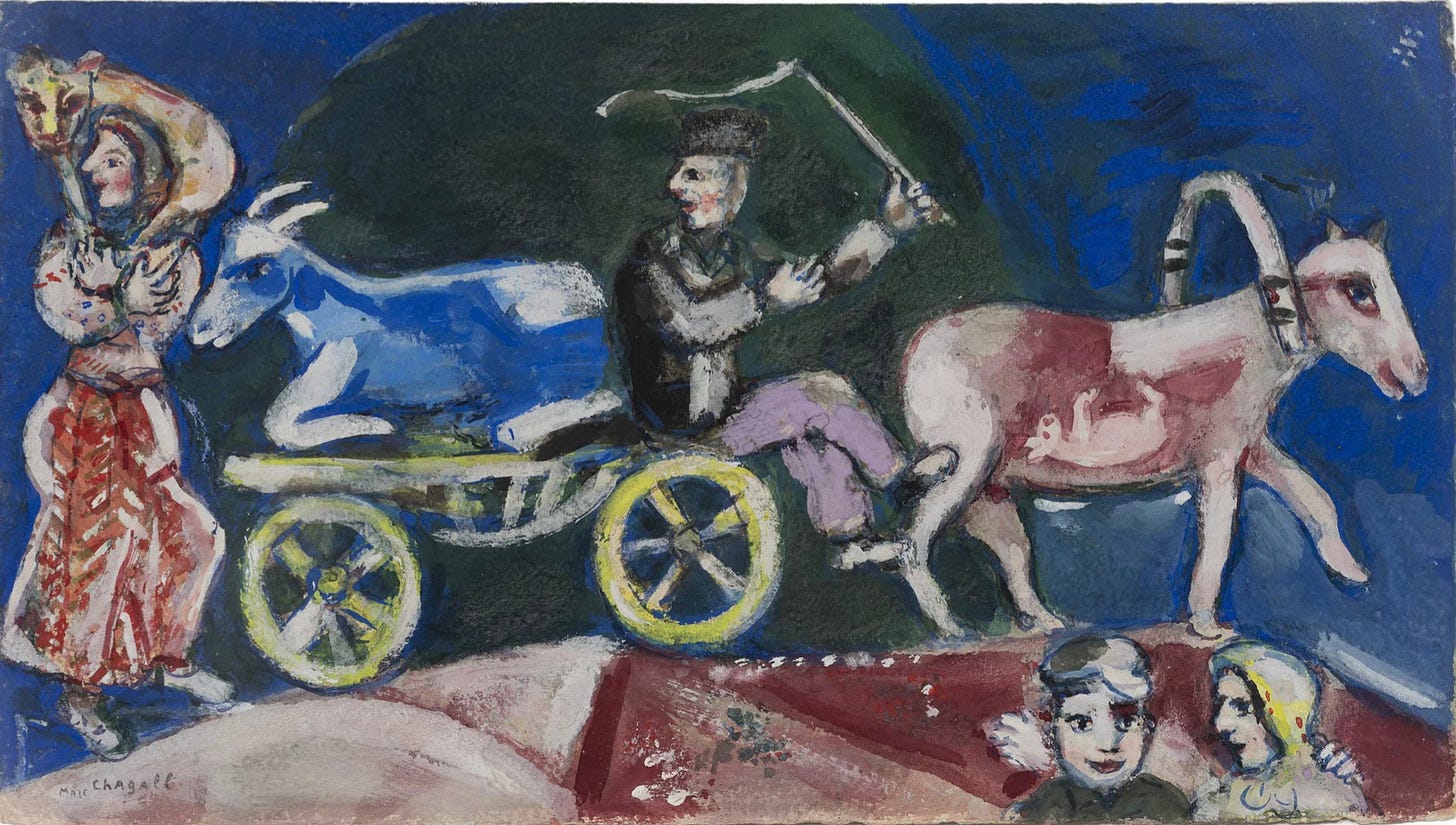Are There Pilgrims Anymore?
Way Beyond Words 2024 11 1
Theodore Stephano, a teacher at the Experience Studio, takes up the idea of pilgrimage in a Jewish context. It needn't be public, nor of great length, he tells us. But it heads towards renewal, for ourselves and our community. He ends with a prayer.
In The book of Deuteronomy—Sefer Devarim (סֵפֶר דְּבָרִים)—Moses prepares the Israelites for the next phase of their journey by reminding them of G-d’s commandments. One of the commandments (mitzvoth) is the directive to visit the Temple (Beis Hamikdash) every year to celebrate the Three Pilgrimage Festivals. This includes Passover (Pesach), Shavuot (Feast of Weeks), and Sukkot (Feast of Tabernacles). These pilgrimages served to carry out G-d’s will while fostering a sense of community, spiritual purpose, and cultural continuity.
The concept of pilgrimage can be broken down into three core categories: journey, struggle, and renewal. The journey aspect of pilgrimage involves travel, adventure, and discovery. Travel often involves danger and confronting unexpected challenges, especially during the periods in which the first and second Temples were established. We endure the struggle and uncertainty of the journey by fixing our eyes on the objective of the pilgrimage: a sense of renewal.
Now that the holy Temple no longer stands, the commandment to appear in Jerusalem during the Three Pilgrimage Festivals is no longer binding. There are, however, other ways we may figuratively carry out this commandment (mitzvah) in modern times. Instead of embarking on a physical voyage, we might choose another type of journey that involves struggle and leads to renewal. This could mean forging a new relationship, developing a new skill, or refining an aspect of yourself you’re unsatisfied with.
Whatever contemporary version of pilgrimage we pursue, it’s important to remember that our journey doesn’t need to be carried out alone. The ancient Israelites traveled to Jerusalem in convoys of tribes and kinsfolk. The shared experience of struggle and discovery can lead to both personal and collective transformation. This is true even if the journey is deeply personal and private. On the road to Jerusalem, each Israelite was responsible for their own individual offerings (Korbanot), but the commandment to appear before G-d in the Temple was given to the nation as a whole. Our personal pilgrimages have the power to bring renewed strength and purpose to our entire community.
May it be Your will, G‑d, our G-d and the G‑d of our fathers,
that You should lead us in peace
and direct our steps in peace,
and guide us in peace,
and support us in peace,
and cause us to reach our destination
in life, joy, and peace
and return us in peace
Save us from every enemy and ambush,
from robbers and wild beasts on the trip,
and from all kinds of punishments
that rage and come to the world.
May You confer blessing
upon the work of our hands
and grant me grace, kindness, and mercy
in Your eyes and in the eyes of all who see us,
and bestow upon us abundant kindness
and hearken to the voice of our prayer,
for You hear the prayers of all.
Blessed are You G‑d, who hearkens to prayer.
- Tefilat Haderech, The Traveler’s Prayer

